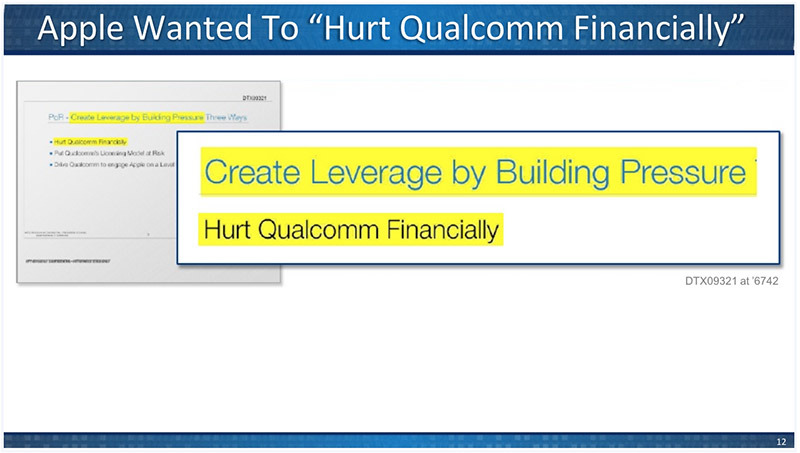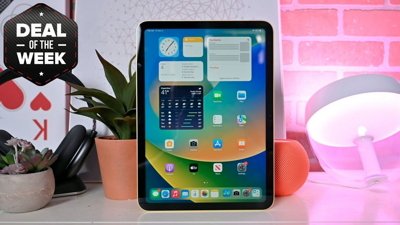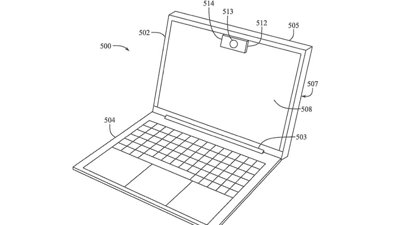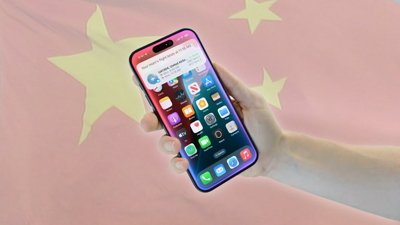The U.S. Federal Trade Commission on Thursday formally objected to a Qualcomm court filing containing internal Apple documents aired in a separate lawsuit, evidence the chipmaker is attempting to leverage as it seeks to delay enforcement of a recent antitrust ruling.
Presented in a filing to the U.S. District Court for the Northern District of California on Tuesday, the Apple documents were first divulged as part of Qualcomm's opening statement in the now-settled Apple v. Qualcomm case.
Among the presentation slides are internal memos, email correspondence and licensing agreements outlining Apple's supposed plans to "hurt Qualcomm financially" and commit "tortious interference" to secure advantageous chip royalty terms. Qualcomm's opening argument salvo also includes excerpts from Apple's "Qualcomm Royalty Reduction Plan," which detail methods of "reshaping FRAND" agreements, applying "commercial pressure" by switching to Intel modems and other tactics designed to harm Qualcomm's business.
As noted by Reuters, the slides submitted in Qualcomm's civil trial against Apple were not presented in the FTC antitrust action that kicked off in January. If Judge Lucy Koh accepts them, however, the evidence will become part of the record reviewed by appellate courts.
Koh in May found Qualcomm in violation of federal antitrust laws and ordered remedial actions that call for the chipmaker to restructure current and future licensing strategy. Qualcomm is currently fighting implementation of the attached commitments as it seeks to appeal the ruling, saying capitulation would irreparably harm its lucrative patent licensing business.
The FTC's filing today argues the court should "disregard and strike" the Apple documents as "unfair and prejudicial." Had the document seen introduction during the antitrust trial, it would have been the subject of "high priority objection procedures" and testimony by an Apple witness, the FTC said. This testimony would subsequently be part of the record on appeal.
"Qualcomm's attempt to introduce excerpts from a document that it obtained in pre-trial discovery via a post-trial stay reply circumvents procedures intended to test the relevance and reliability of proffered evidence, and thus is unfair and prejudicial to the FTC," the FTC filing reads.
In addition to the Apple-related evidence, Qualcomm includes findings by the Taiwan Fair Trade Commission and the Chinese National Development and Reform Commission, both of which investigated and in part exonerated the company of wrongful licensing practices.
Qualcomm offered the Apple and government regulatory agency evidence in a bid to prove harm should it be forced to follow Koh's remedial actions. The company has been fighting to stay the ruling for weeks as it prepares an appeal to the Court of Appeals for the Ninth Circuit.
 Mikey Campbell
Mikey Campbell







-m.jpg)






 Andrew Orr
Andrew Orr
 Thomas Sibilly
Thomas Sibilly
 Christine McKee
Christine McKee
 Andrew O'Hara
Andrew O'Hara
 Malcolm Owen
Malcolm Owen
 William Gallagher
William Gallagher

 Sponsored Content
Sponsored Content







16 Comments
This is why you can't just drop evidence in at the last minute. The evidence too must go through legal rigour and not just be accepted at face value. As an exaggerated example, the previous slide could say "Things we won't do", but the court would never know this if this practice was allowed.
It's like when Samsung showed photos of a "Sony" smart phone which looked identical to the iPhone 4. Samsung were attempting to make it seem like Apple had copied a poorly sold or unreleased Sony concept, when in fact it was just Apple adding a bunch of sliders and buttons to their existing iPhone 4 design as a design experiment for how they would envisage Sony would style such a device.
Since when is "it will hurt" a valid argument against a punishment? Punishments are supposed to hurt.
Apple hatched a plan to get better terms from Qualcomm. A company many believe have used their dominant position to extract more money than they deserve from necessary patents needed to build a phone and other mobile devices. I don’t see how Qualcomm presenting this helps their case. To me; it just proves Apple was tired of paying exorbitant fees and was willing to do whatever it takes to make the more reasonable.
I'll bet part of the settlement - agreed upon after Intel's inability to deliver - was to quash Apple's voice in the Qualcomm anti-trust litigation. Betcha Apple's two biggest iPhone priorities - outside of Axx SoC development - are to develop their own modem chip and find an alternative to Samsung's OLED panels.